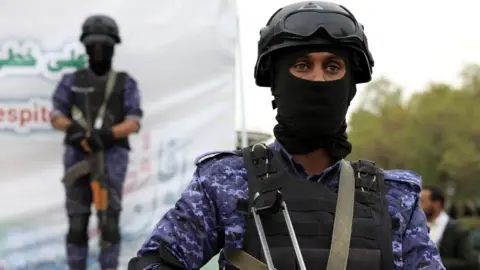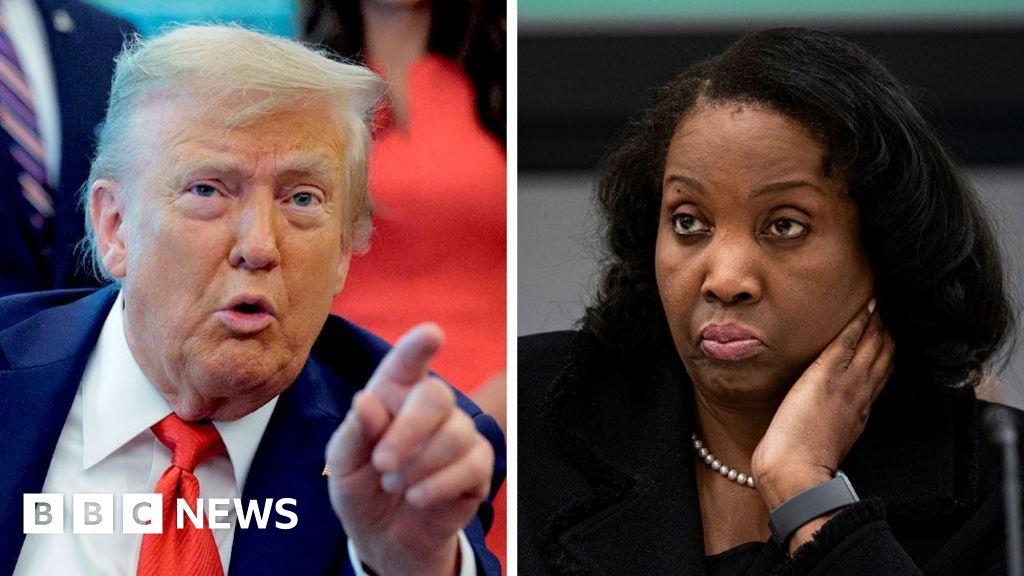The UK government has detailed its plans to significantly reduce foreign aid spending, revealing that crucial support for children's education and women's health in Africa is set to be the hardest hit. The announcement follows a decision made in February to slash aid spending by 40%, bringing it down from 0.5% to 0.3% of the nation’s gross national income. This decision was influenced by pressure from the US, which advocates for increased UK defense spending to 2.5%.
According to a report from the Foreign Office, the initial cuts for this year will primarily affect African nations, leading to reduced spending in key areas such as women's health and water sanitation. The impact assessment warns that these reductions could lead to increased disease and mortality rates. Multiple aid charities have condemned the cuts, arguing that they endanger the wellbeing of the world's most vulnerable populations.
In a defense of these cuts, the government has stated that funding for multilateral aid organizations, including the Gavi vaccine alliance and others, will be safeguarded. Additionally, UK participation in humanitarian efforts in conflict zones such as Gaza, Ukraine, and Sudan will continue. Baroness Chapman, the minister for development, emphasized the necessity of ensuring that every pound spent is justified, asserting that the government is working towards maximizing efficiency and prioritization in its aid strategies.
However, these reductions are not without detractors. Sarah Champion, the chair of the International Development Committee, criticized the cuts as detrimental to vulnerable populations. Liberal Democrat spokesperson for international development, Monica Harding, labeled the decrease in aid spending as "the lowest level this century", predicting deeper and harsher cuts in the future.
The UK development network Bond added that these cuts show a clear shift in priorities away from funding education, gender-based initiatives, and humanitarian relief in crisis-stricken nations such as South Sudan, Ethiopia, and Somalia. Gidion Rabinowitz, Bond’s policy director, expressed concern that marginalized communities—particularly women and children—would suffer greatly from the government's political choices.
UNICEF, focused on child advocacy, labeled the cuts as "deeply short-sighted" and warned of their negative effects on children and women. UNICEF UK's chief executive, Philip Goodwin, has urged for a renewed commitment to prioritize child-centric aid initiatives, recommending that at least 25% of aid be directed towards children.
British-founded charity Street Child warned that ongoing projects to secure educational access for children in countries like Sierra Leone and the Democratic Republic of the Congo might come to a halt due to the funding cuts. CEO Tom Dannatt lamented this decision as detrimental to children's futures, stating that many will miss the chance to develop their critical faculties.
The issue of foreign aid has faced considerable scrutiny from the UK public in recent years, with a cabinet minister admitting a shift in public sentiment against spending. Nevertheless, the Foreign Office clarified that the International Development Association (IDA) of the World Bank, assisting the world's lowest-income countries, will not face cuts and is set to receive £1.98 billion from the UK over the next three years, benefiting approximately 1.9 billion people.
Historically, the commitment to raising the overseas aid budget, initiated by Labour governments in the early 2000s and later enshrined in law, has seen fluctuations, particularly during the COVID pandemic, which has strained finances and led to the current spending cuts.

















